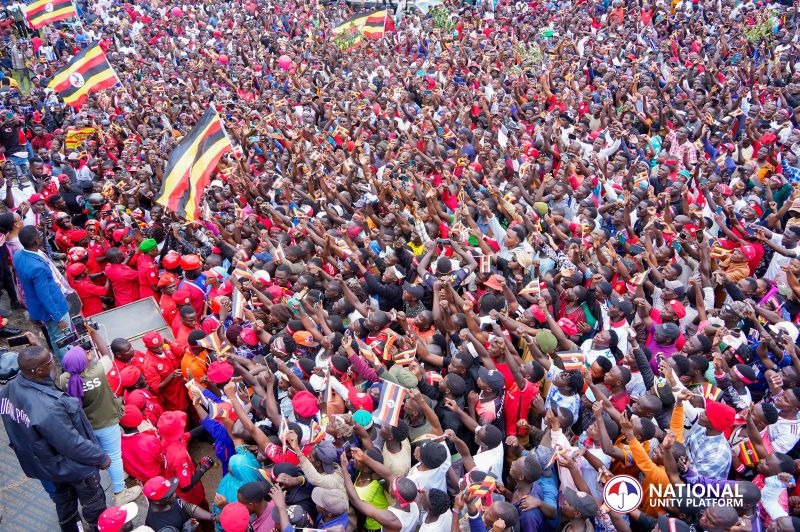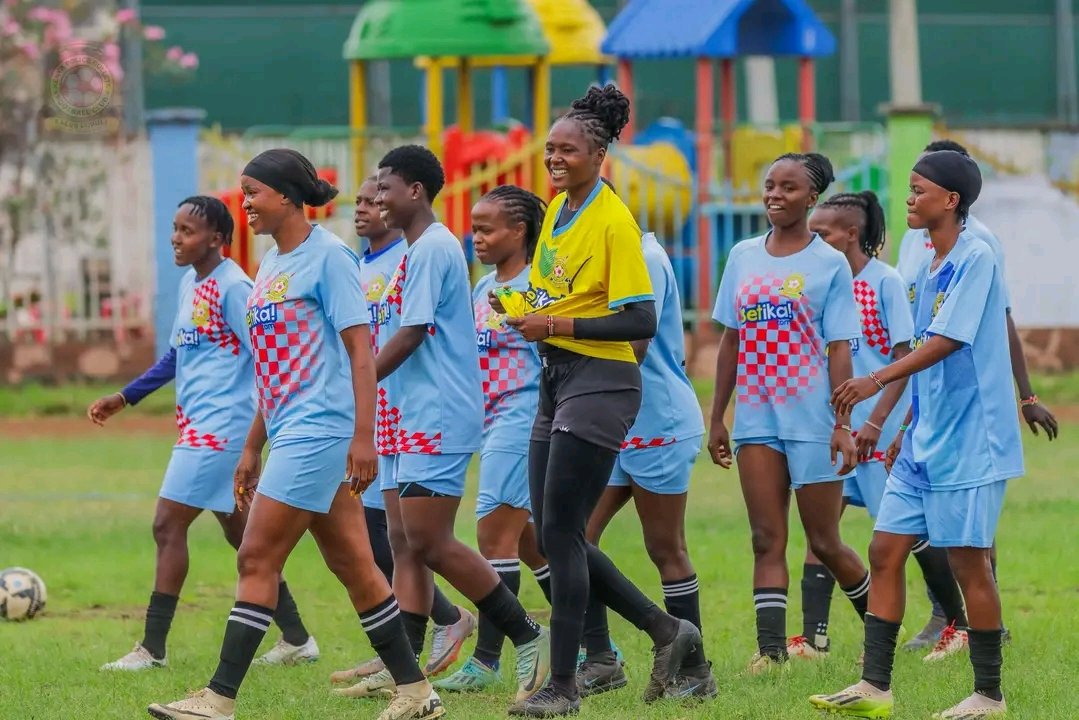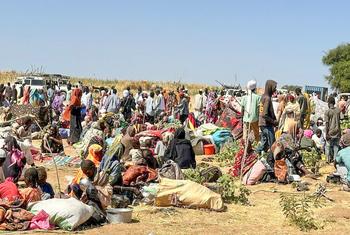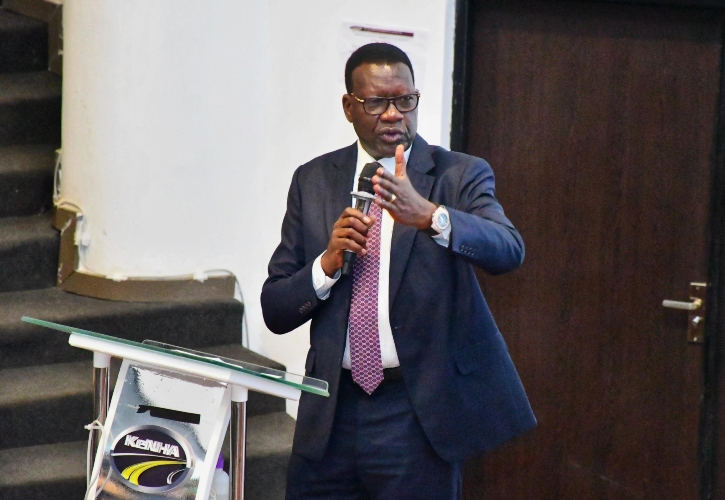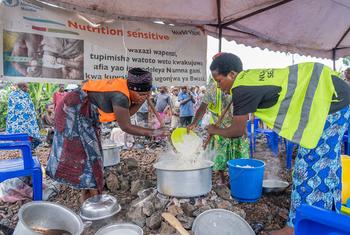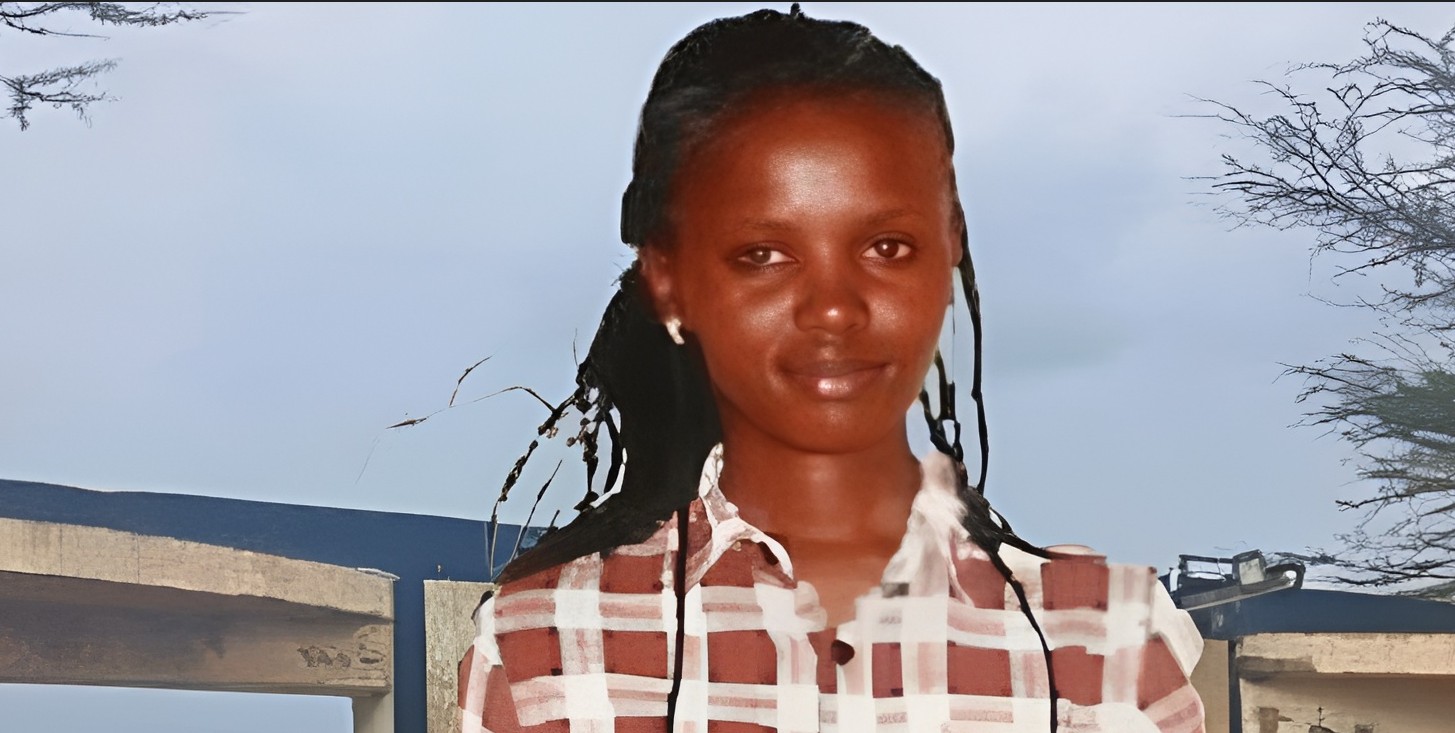Ugandan army denies backing M23 rebels in eastern DRC
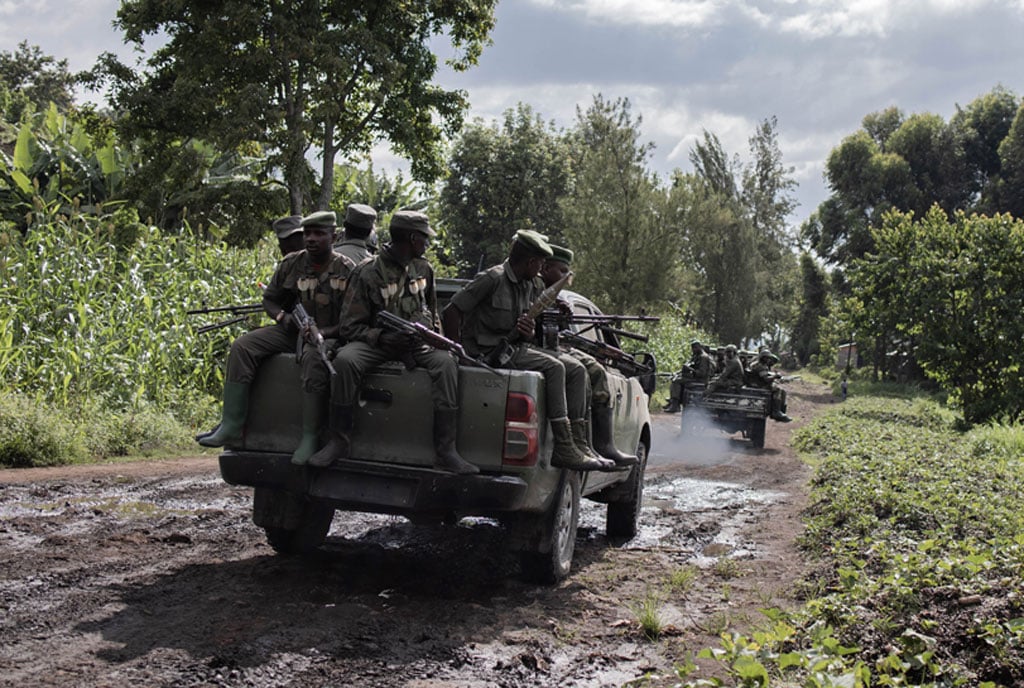
Pepin Kavota, the President of the Civil Society in Beni, DRC, fueled the reports in his interview with Politico magazine last week.
The Ugandan army has refuted reports claiming that it is backing the March 23 Movement (M23) rebel group domiciled in the Eastern Democratic Republic of Congo (DRC).
In a statement, the Uganda People's Defence Forces (UPDF) said it had no reason to be involved in an internal conflict affecting a neighbouring country.
"The Ugandan army respects the territorial integrity of the DRC. It only conducts cross-border operations through official channels, with the full knowledge and consent of the Government of DRC," the army explained.
More To Read
- Kenya, Rwanda expand defence cooperation to include technology and innovation
- Activists chain themselves outside Foreign Affairs Ministry over disappearance of Njagi, Oyoo
- Uganda military denies holding Kenyan activists Bob Njagi and Nicholas Oyoo
- Tshisekedi, Kagame trade barbs at Brussels Gateway Forum over DRC conflict
- Uganda enhances security at border region with DR Congo after deadly attack
- Congolese army appeals to captured troops to uphold duty, loyalty
The statement followed protests by members of civil society and locals over the alleged support of the most dominant rebel group, M23, by the Ugandan and Rwandan presidents.
Pepin Kavota, the President of the Civil Society in Beni, DRC, fueled the reports in his interview with Politico magazine last week.
Kavota alleged that "on the other side in Rutshuru, Uganda is helping the M23 rebels alongside Rwanda, but when you come here in the Beni territory, there is some kind of hypocrisy. It is on this basis that we say our country must end diplomatic relations not only with Rwanda but also with Uganda."
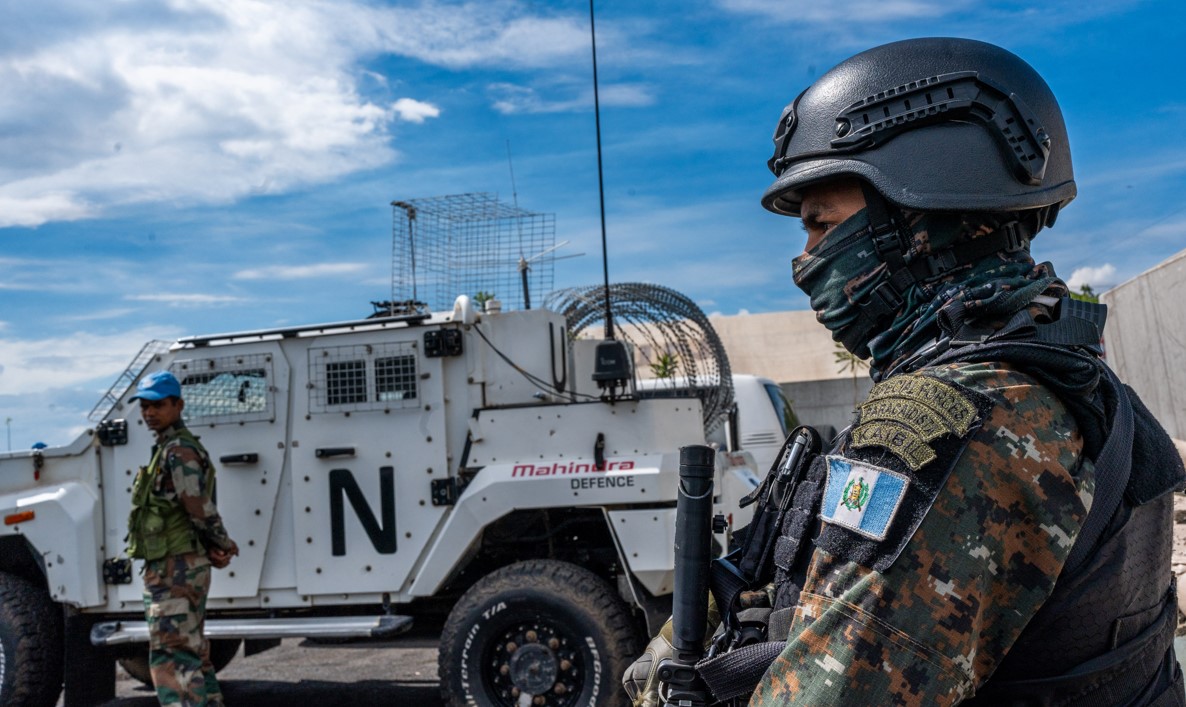 A peacekeeper of the United Nations Organisation Stabilisation Mission in the Democratic Republic of the Congo (MONUSCO) looks on at the force's base during a field training exercise in Sake, eastern Democratic Republic of Congo, November 6, 2023. (Photo: Glody MURHABAZI/AFP)
A peacekeeper of the United Nations Organisation Stabilisation Mission in the Democratic Republic of the Congo (MONUSCO) looks on at the force's base during a field training exercise in Sake, eastern Democratic Republic of Congo, November 6, 2023. (Photo: Glody MURHABAZI/AFP)
"No such operation has taken place in Rutshuru; consequently, no Ugandan troops are stationed in the areas mentioned," the UPDF statement adds.
The claim followed yet another allegation in a leaked UN panel of experts' report that claimed that Uganda is clandestinely supporting the rebel group.
The report mentioned veteran Ugandan journalist Andrew Mwenda as the M23 "agent" in Kampala after the rebels called him in March requesting his help with "diplomatic approaches to Kinshasa to discuss peace."
Mwenda admitted to meeting Lawrence Kanyuka, Desire Rwigyema, and a third person whose name he claimed he could not remember.
"My work and opinions require the collection of information from primary sources. I talk to people of all backgrounds to inform myself. I was therefore most keen to talk to M23 leaders to hear their story."
"I had always thought M23 was an ethnic militia of the Tutsi of eastern DRC. To my surprise, Kanyuka told me he is from the Luba ethnic group, just like President Felix Tshisekedi. They gave me the list of their leaders, political and military, most of whom were not Tutsis. In fact, one of them is a Hutu Congolese. I was intrigued, and we sat down to a long conversation," the journalist recalled in an interview with the Ugandan Independent Newspaper.
He added that he shared this explanation with the Ministry of Foreign Affairs and with the UN panel of experts, but their final report failed to include his side of the story.
Uganda has been involved in multiple peace efforts in the Eastern DRC, as a contributor to the UN mission dubbed MONUSCO, previously under the East African Community Regional Force (EACRF) that exited Goma last year, and in the ongoing joint operation with the Armed Forces of the Republic of Congo (FARDC) codenamed Operation Shujaa that aims to completely flush out Allied Democratic Forces (ADF) terrorists in the eastern DRC.
Diplomatic tensions between the two nations would affect the operation that has helped degrade the rebels' activities and propaganda output.
Uganda accused individuals behind the claims of repeatedly using propaganda to promote tensions between the two countries.
A statement from the Ugandan Embassy in Kinshasa said, "(we) categorically refute the latest fabricated claims that 5,500 Ugandan soldiers are supporting the M23 rebels in Rutshuru territory in the DRC. This follows similar, patently false, accusations in late September 2023 that Uganda had illegally moved the border markers near Busanza. These recurrent and unverified media attacks raise serious concerns about a deliberate pattern of systematic misinformation or information warfare targeting Uganda."
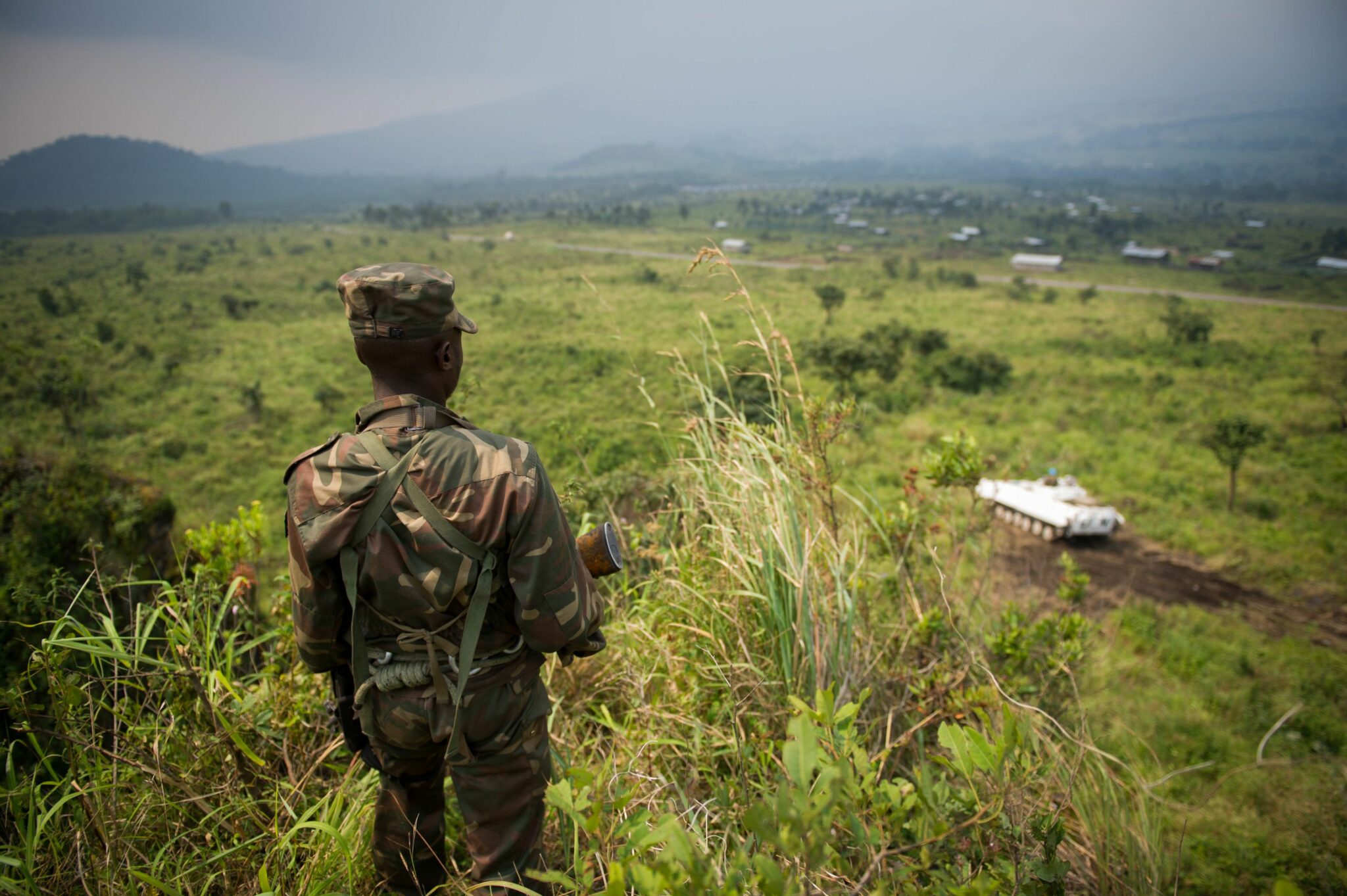 A soldier from the Armed Forces of the Democratic Republic of the Congo (FARDC) stands guard on a hill overlooking a United Nations tank position near the village of Kibumba I, around 20 km from the city of Goma in the Democratic Republic of the Congo's restive North Kivu province. (AFP)
A soldier from the Armed Forces of the Democratic Republic of the Congo (FARDC) stands guard on a hill overlooking a United Nations tank position near the village of Kibumba I, around 20 km from the city of Goma in the Democratic Republic of the Congo's restive North Kivu province. (AFP)
Top Stories Today
